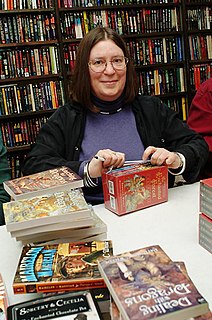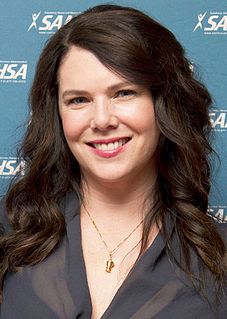A Quote by Celeste Ng
In fiction you're not often writing about the typical; you are interested in outliers, the points of interest. Part of it comes from feeling I was the only Asian or person of colour... another part comes from my personality: I'm an introvert, and my usual survival mode in a large group is to stand by a wall and watch everybody.
Related Quotes
What I believe is that people have many modes in which they can be. When we live in cities, the one we are in most of the time is the alert mode. The 'take control of things' mode, the 'be careful, watch out' mode, the 'speed' mode - the 'Red Bull' mode, actually. There's nothing wrong with it. It's all part of what we are.
I was always torn between wanting whatever I pictured as a typical high school experience and that being just a part I wanted to play. I've written about this, but one of those typical high school experiences was drill team. Like, I just really wanted to wear a uniform and get on the bus and be part of this group. As an only child, the idea of blending in - and literally everyone being in sync and not standing out at all - felt like kind of a fun family thing.
I love secrets. Here's a bunch of people who think they know each other over a long period of time. And they do. And they don't. Secrets aren't the same thing as shame, but they can fall in that category. I'm very interested in the ways that people are open and honest with one another and simultaneously in hiding. What we know about those we love is only part of the story. Who do we protect with our secrets? Others? Ourselves? These are questions that interest me in fiction. The public and the private self.
You use words like 'introvert' and 'extrovert,' various traits of a personality. A lot of that stuff, we used in drama school, and that was kind of interesting, to realize my teachers sort of ripped off a lot of Jung. And how much of it is part of our society now, these phrases, introvert and extrovert, where it actually came from.
The good part of writing is where it gets out of your control and turns into something else. You look at it and think "Whoa, where did that come from? That wasn't what I meant to write, but it's more interesting than what I was intending. Which part of my subconscious or my experience did that come from?" Often the answer isn't clear, and often the line between fiction and fact isn't clear, either.
There are significant relationships, of course, between wanting things and caring about them..The notion of caring is in large part constructed out of the notion of desire. Caring about something may be, in the end, nothing more than a certain complex mode of wanting it. However, simply attributing desire to a person does not in itself convey that the person cares about the object he desires.
Those were the places where many people mixed if they wanted to mix, which was against the law [Immorality Act of 1927]. My mother was part of that group. My father was part of that group. People who were black and whites and Indian and Asian - and you came together and said, we choose to mix at the risk of being arrested. And so they did.







































